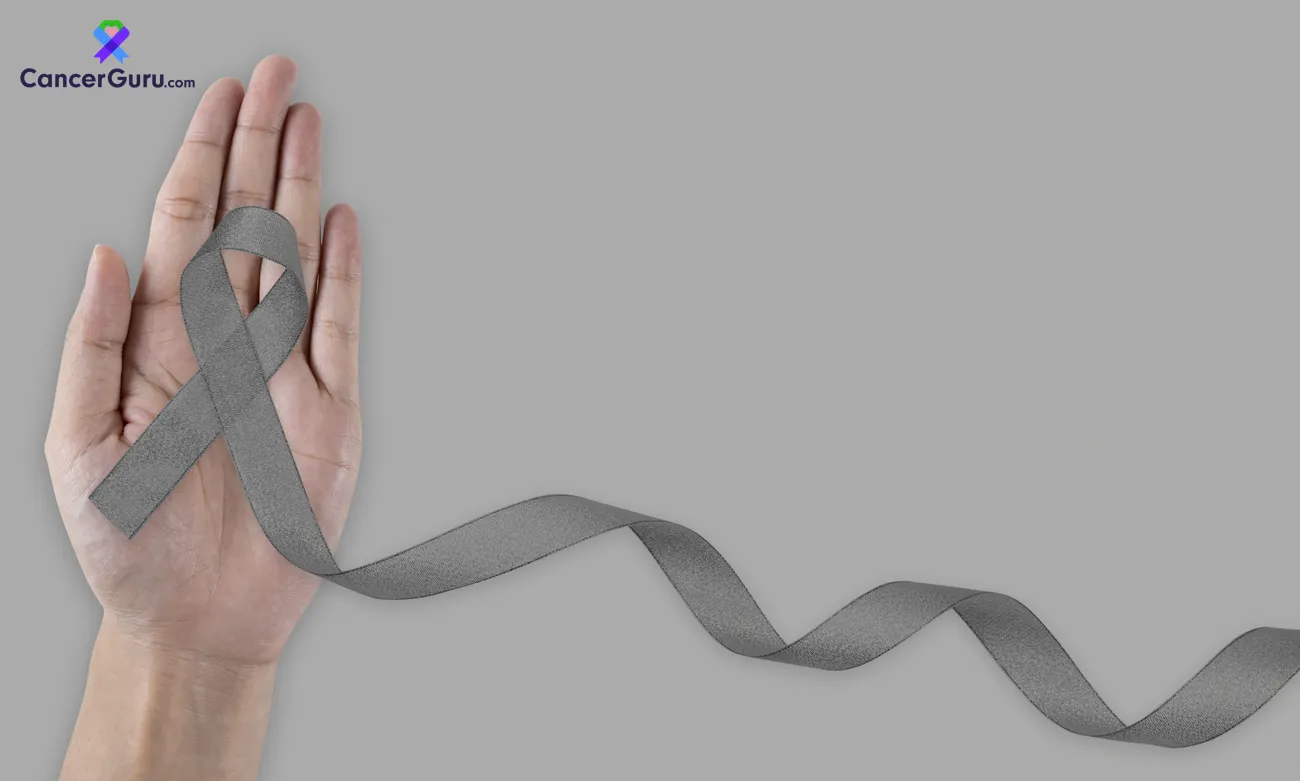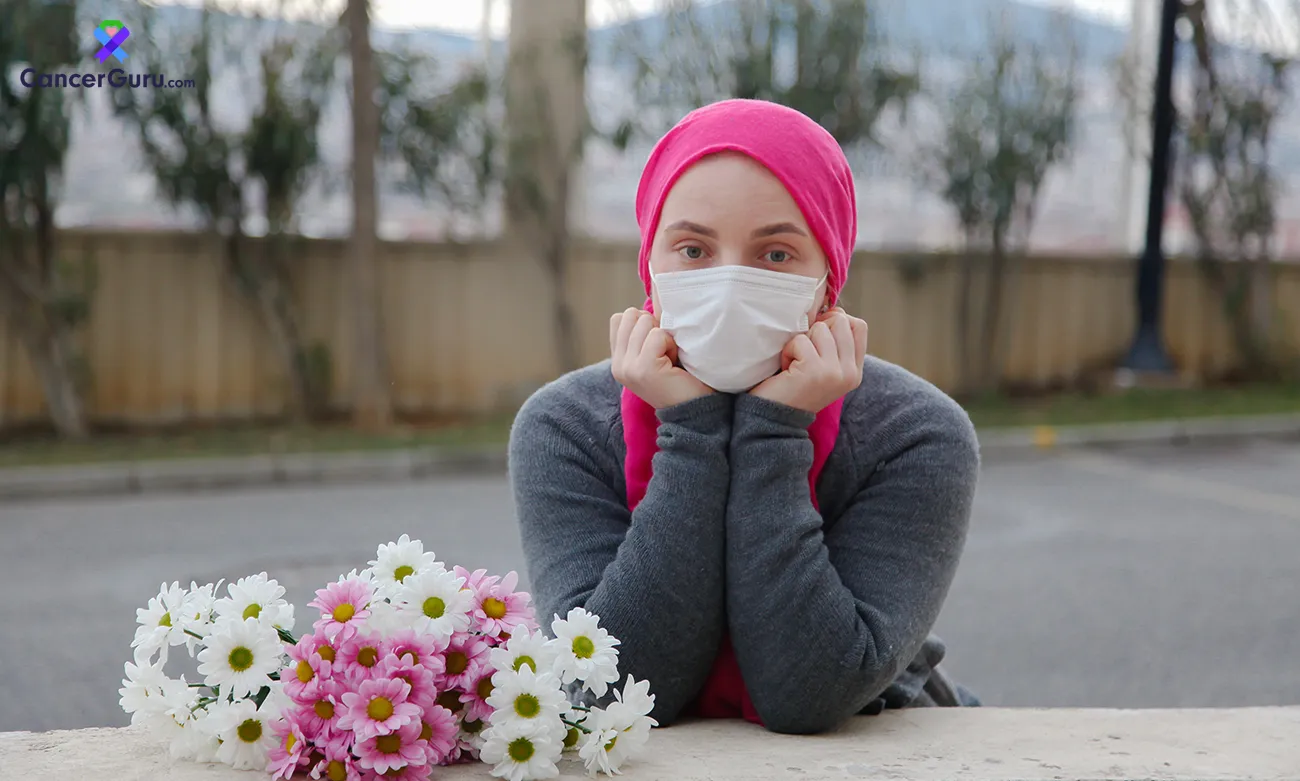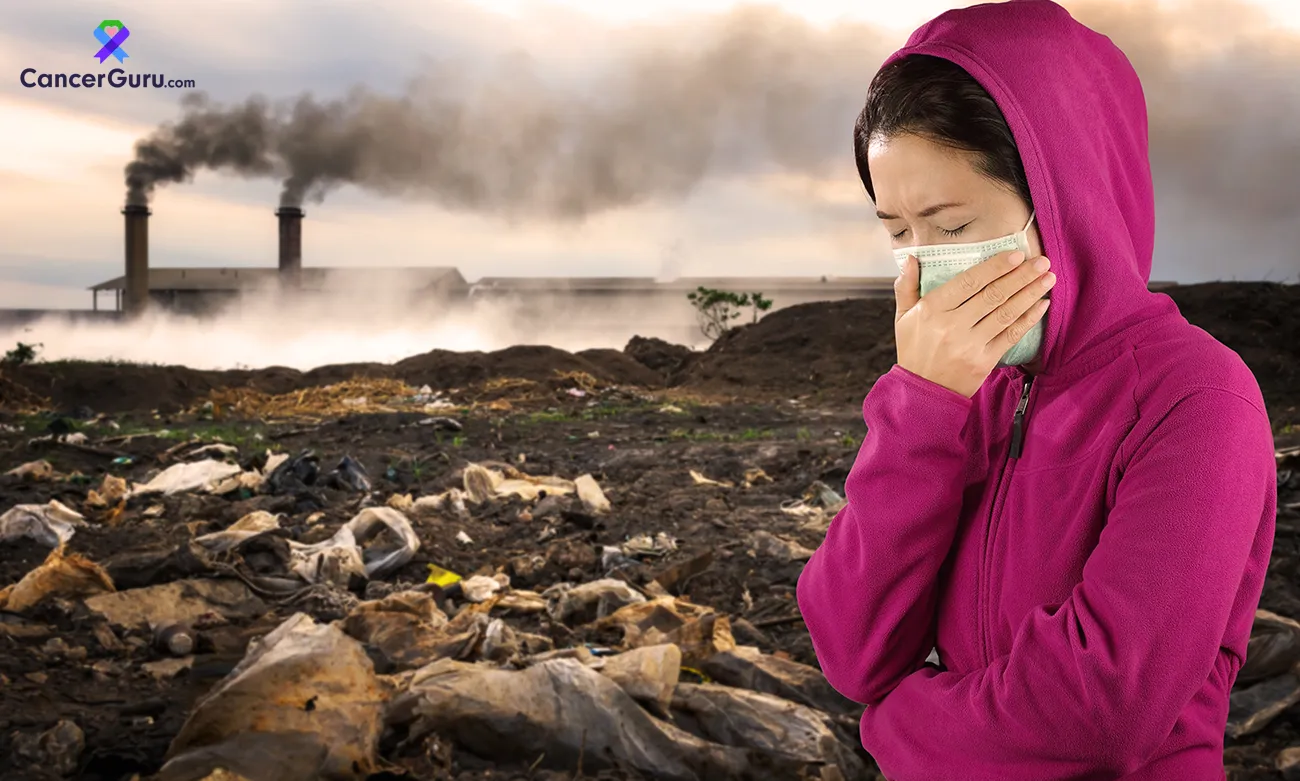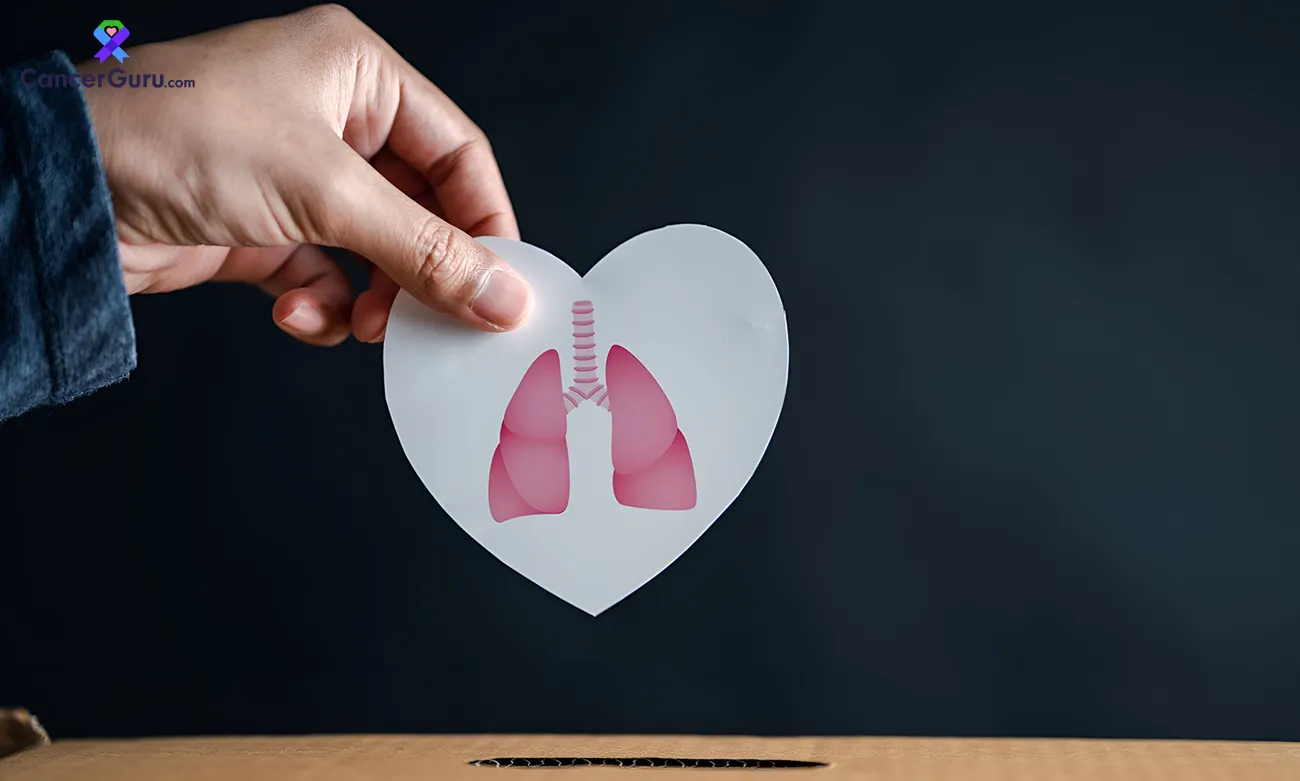- Email: [email protected]
- Contact: +1 (407)581-9000
The Ongoing Cancer Battle of Professor Richard Scolyer
August 20, 2025

Richard Scolyer is a pathologist who’s made a name for himself not just in the lab, but out in the real world. Born in December 1966 in Launceston, Tasmania, he trained at the University of Tasmania and the University of Sydney. Today, he’s a senior specialist in tissue pathology and diagnostic oncology at Royal Prince Alfred Hospital, and a Conjoint Professor at Sydney Medical School, University of Sydney, figures that tell you he’s quietly brilliant and deeply respected.
But it’s his human story, his courage, the love of family, the push for better outcomes in the face of terrible odds, that sticks with you. That’s what you need to know here.
Early Life & Career Achievements
Scolyer’s path in medicine began early on, marked by a fierce drive to understand cancer at its most stubborn levels. Before becoming a clinical legend, he made a clear promise, investing decades into research on melanoma, a skin cancer that once had devastating outcomes.
By 2019, he was already regarded as the world’s 10th top publisher in melanoma and held the top spot in melanoma pathology publishing. He authored over 700 scientific papers and book chapters, and even helped revise the WHO classification for tumors of the central nervous system. That’s a big deal, not just lab work, but a real influence on how doctors worldwide understand these diseases.
He served as Co-Medical Director at the Melanoma Institute Australia, starting in January 2017, the lead body in Australia for melanoma research and care. Nested within Sydney’s Poche Centre and linked with the University of Sydney and Royal Prince Alfred Hospital, the institute became a powerhouse under his guidance. In 2021, his efforts were recognized when he was made an Officer of the Order of Australia for his distinguished service to medicine and melanoma research.
Breakthroughs in Immunotherapy
Long before his health challenges, Scolyer was part of a remarkable team, including Professor Georgina Long, that changed the outlook for melanoma patients. Today, many people facing stage-4 melanoma have chances of long-term survival, whereas just a couple of decades ago, those odds were grim.
One of their breakthroughs was giving immunotherapy drugs before surgery, rather than afterward, a method called neoadjuvant therapy. In stage-3 melanoma, this achieved event-free survival of around 84% at 12 months, compared with 57% under conventional care. That success wasn’t just a study. It led Australia to become the first country to offer this approach through public funding.
A Diagnosis Turns Things Personal
Then in June 2023, Scolyer’s world changed. He was diagnosed with glioblastoma, an aggressive brain cancer known for its grim prognosis. Traditionally, survival might be measured in months, but he was given just six to nine months, or even eight months max. It’s the kind of news that stops you in your tracks.
Instead of bowing out, though, he volunteered to be “patient zero” for a daring new experiment. Georgina Long and their team adapted melanoma immunotherapy techniques, giving him a combination of immunotherapy before the surgery, plus a personalized tumor vaccine. That combination had never been tried for brain cancer.
And it worked, at least for a while. By February 2024, Scolyer’s MRI scans showed no return of the tumor, a result that would have seemed nearly miraculous, given the usual progression of glioblastoma. That offered a glimmer of hope, not just for him, but for others down the line.
There's even a scientific publication in Nature Medicine, outlining the approach and opening the door for future clinical trials.
Unexpected Hope
That year, he and Georgina Long were named joint Australians of the Year for 2024, a proper recognition of both their advanced work and the way his bravery turned science into something personal and necessary.
He stepped down from his co-director role at the institute in February 2025, making space to channel his energy where it counted most research, family, and hope in action.
The Cancer Returns
But in March 2025, reality hit back. A new scan revealed cancer had returned. Doctors gave him a harsh prognosis, just three months to live, after surgery confirmed a fast-growing recurrence.
He wasn’t ready to let go and wrote that while not all of the tumors could be removed because of its location, he’d keep fighting. He spoke publicly, was honest about the toll, and took to social media and interviews to share how suddenly fragile life can feel when you’re facing something massive.
Clutching the Moments That Matter
Even as the battle worsened, Scolyer leaned into the things that grounded him. In March and April 2025, he found solace in morning parkruns, 5 km community runs he’d loved for years. He even pushed himself to do 242 of them by Easter, pauses built into his pace, laughter in the shared effort, and his wife Katie cheering him on.
He was candid about the fear, the memory slips, the ups, and downs. But amidst it all, his community rallied around him like a warm blanket. Friends, neighbors, and other runners fed off his energy, his smile, and what he represented.
A Milestone That Moved Hearts
Then, in June 2025, came one of those special days. A crowd of close to 600 gathered at Sydney’s Haberfield Greenway Reserve to cheer on Richard as he completed his 250th parkrun. They ran with him, walked, cheered, smiled and just after he crossed the finish line, the rain stopped, and a rainbow appeared overhead. It felt symbolic, like a quiet nod from the universe.
He later described the moment with gratitude, saying he never thought he’d see that milestone. And that the support from his community and medical team lifted him through a fog he’d been in.
Facing Time with Love and Purpose
In interviews around that time, including a heartfelt chat with radio host Carrie Bickmore, Scolyer talked about the toll. He’d gone from being brilliant and sharp to facing memory changes and fatigue. But he’d also won 18 extra months beyond the original prognosis. It wasn’t just time. It was an opportunity, time to laugh, to run, to write, to love.
Through it all, his message was simple and powerful: don’t wait to live. He urged people to spend time with loved ones, to squeeze joy where they can, to let life be messy and raw and real, and to fight as it matters.
His Book: “Brainstorm”
In October 2024, he published Brainstorm, co-written with Garry Maddox. The book is less clinical than you might think, more like a window into a life lived fiercely, through love, science, kids, cancer, and that running spirit.
It resonated so much that it won Social Impact Book of the Year at the 2025 Australian Book Industry Awards.
He said writing it was a journey, not just through disease, but through all the bits of life that fill a person up, fun, reflections, memories, relationships. And yes, hope for what comes next.
And now in August 2025
Here we are, in August 2025. His scans since the recurrence showed progression. The timeline of “months” still applies, though the edges are blurry. He continues to lean on his love for life, his family, and the small moments that add up to meaning.
Georgina Long, his research partner, continues to push forward. She calls their work transformative, even though it’s been deeply personal and painful. Their experimental treatment has opened a path for broader clinical trials in glioblastoma, where none existed before. She’s also been a finalist in peer review and research recognition for her continued leadership.
Through it all, Scolyer hasn’t stopped sharing. On his Instagram, where he regularly updates his journey, he’s clear about how things are, what he’s feeling, and that each day is a gift to use.
What We Can Learn from His Story
We don’t want this post to feel like a report. It’s more a note to connect, with resilience, with hope, with love.
- There’s bravery in every honest moment:He doesn’t hide. He shares. And that lights the way for people who feel alone in their fear.
- Science and humanity together can change what’s impossible:His case gave glioblastoma researchers something rare: a new direction. A clinical trial based on what worked for him.
- Life isn't about the timeline, it’s about the heartline:By running parkruns, writing a book, and making memories, he’s showing us that meaning often comes in the smallest actions.
What’s Next?
It’s tough to say what’s next. His prognosis remains uncertain. But whatever weeks or months remain, one thing is clear: Richard Scolyer is not letting them pass quietly.
He’ll keep spending time with Katie, Emily, Matt, Lucy, and everyone who cares. He’ll keep running or walking when he must. He’ll keep talking and inspiring. And he’ll keep pushing the boundary between what medicine says is possible, and what reality still allows.
Image Credit: feepikcontributorthailand at FreePik
Ratings and reviews
No reviews yet.










